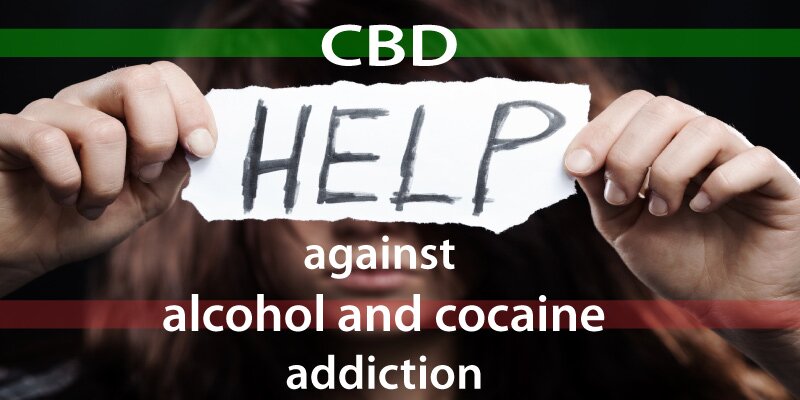Newsdate: 3/26/2018
A new study released results where they examined animal models and how CBD might help sufferers of alcohol and cocaine addiction.
In a press release, Friedbert Weiss indicated that his study gives “proof of principle supporting potential of CBD in relapse prevention”. Friedbert is the head of a team investigating at the Scripps Research Institute.
“Drug addicts enter relapse vulnerability states for multiple reasons,” he continued. “Therefore, effects such as these observed with CBD that concurrently ameliorate several of these are likely to be more effective in preventing relapse than treatments targeting only a single state.”
The study evaluated the anti-relapse potential of a transdermal CBD administered in rats at 24 hour intervals over 7 days. The alcohol or cocaine dependent rats were tested for anxiety, impulsivity and their need to seek out “drugs”
CBD was shown to reduce context-induced and stress-induced drug seeking without sedative effects or interference with normal behavior. After treatment ended, the reduction in drug seeking remained for up to 5 months even as CBD levels had only been detectable for 3 days.
CBD also reduced anxiety and prevented impulsivity in the rats with an alcohol dependence history. The potential of CBD in relapse prevention was demonstrated with these results.
One dimension of CBD was that it showed beneficial actions across several vulnerability states. It also displayed long-lasting effects with only brief treatment.
The anti-anxiety properties of cannabidiol have been well documented. But some unwarranted debate still continues as to the medical benefits of non-psychoactive cannabinoids and their potential for medicinal benefit.
Hopefully, this study can help counter those debating that cannabinoids are more harmful than good.

